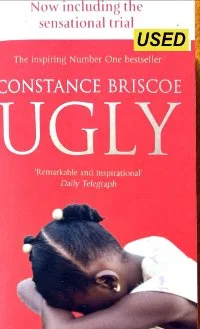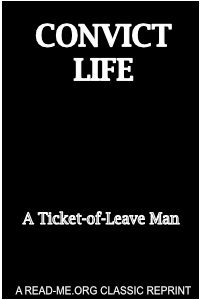By Robert Louis Stevenson. Edited by Sidney Colvin and Colin Heston
“The Letters of Robert Louis Stevenson, Parts XI–XIV”, collected in Volume XXV of the Swanston Edition of Stevenson’s works, brings to a close one of the most remarkable collections of literary correspondence in the English language. Edited with meticulous care and deep personal insight by Sidney Colvin, this final volume continues the chronicle of Stevenson’s life through his own words, offering readers a profound and intimate view of the author’s final years and enduring legacy.
These concluding parts of Stevenson’s letters span the last phase of his life, primarily focused on his time in Samoa, where he had settled permanently in 1890. Despite his ongoing battle with chronic illness, Stevenson remained intellectually and creatively active, producing some of his most mature and reflective work. His letters from this period are rich in philosophical insight, literary commentary, and political observation, particularly concerning the colonial tensions in the South Pacific and his advocacy for the Samoan people.
The correspondence in this volume is addressed to a wide and varied circle: family members, literary peers, publishers, and political figures. These letters reveal a man who, though physically isolated, remained deeply engaged with the world. They are filled with Stevenson’s characteristic wit, warmth, and eloquence, but also with a growing sense of urgency and introspection as he approached the end of his life.
Sidney Colvin’s editorial contributions are especially valuable in this volume. As Stevenson’s close friend and literary executor, Colvin provides detailed introductions, annotations, and contextual commentary that illuminate the personal and historical background of each letter. His work ensures that readers not only follow the narrative of Stevenson’s life but also understand the broader cultural and political forces at play during this period.
The Swanston Edition presents these letters with scholarly precision and literary sensitivity, making Volume XXV an essential resource for anyone interested in Stevenson’s life, Victorian literature, or the art of letter writing. The collection as a whole—spanning Volumes XXIII to XXV—offers a comprehensive and deeply human portrait of Stevenson, capturing his evolution from a restless young writer to a mature and morally engaged literary figure.
“The Letters of Robert Louis Stevenson, Parts XI–XIV” is more than a conclusion to a correspondence—it is a culmination of a life lived with passion, intellect, and integrity. Through these final letters, Stevenson’s voice continues to resonate, offering insight, inspiration, and a lasting connection to one of literature’s most enduring spirits.
Read-Me.Org Inc. New York-Philadelphia-Australia. 2025. 296p.









